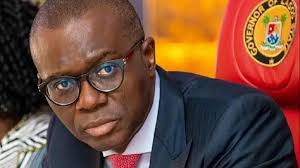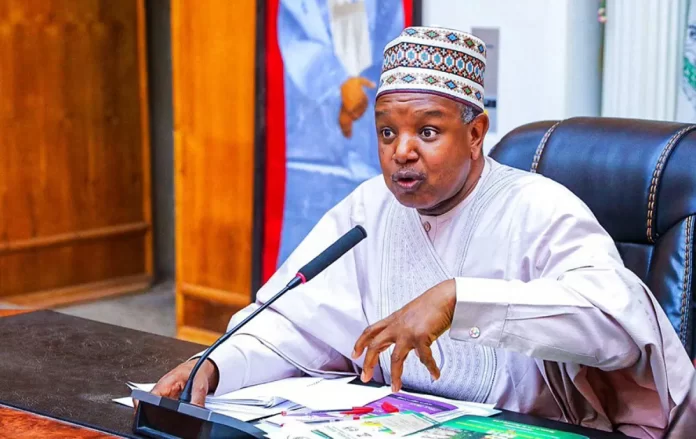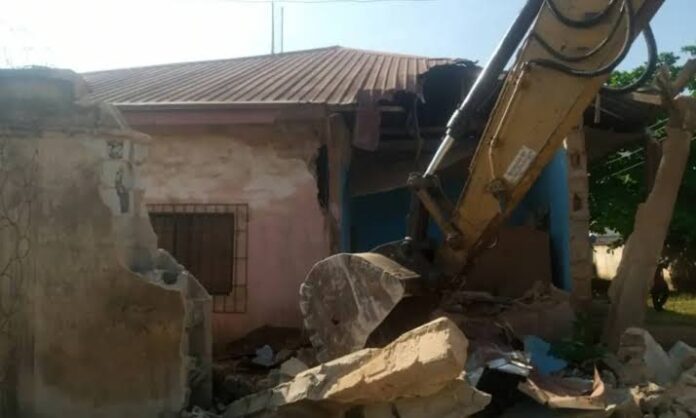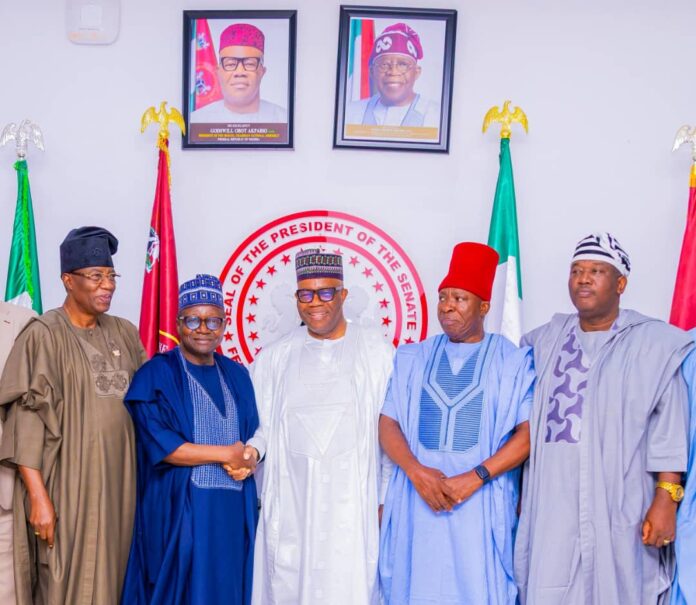From Rotimi Asher Lagos
Lagos State Government is planning to establish an industrial innovation zone as part of efforts to significantly boost local production. The government also re-affirmed commitment to boosting investor confidence and improving ease of doing business through a range of initiatives.
Mrs Folasade Ambrose-Medebem, the state Commissioner for Commerce, Cooperatives, Trade and Investment, gave the assurance on Tuesday at the Lagos State 2025 Ministerial Press Briefing at Alausa, Ikeja.
The briefing is in commemoration of Gov. Babajide the Sanwo-Olu’s second year of second term in office. The commissioner said that the government had begun operations at the Lekki Deep Sea Port.
She urged residents of the state to support the local economy by patronising locally-made goods. “Our goal is to create an enabling environment that builds investor trust and encourages citizens to support home-grown businesses.
” We are focused on driving investment to Lagos State both locally and internationally; so, we are putting all hands on deck to ensure ease of doing business in Lagos State.
“The innovation zone will be a game-changer, providing a hub for manufacturing, technology, and talent development.
“With the Lekki Deep Sea Port now operational, we are positioning Lagos as West Africa’s gateway for commerce”, she said.
The commissioner said that the state government had strengthened trade and bilateral relations with countries such as Germany, India and United Arab Emirates to attract investment and enhance business processes.
“We are deepening global partnerships to open new doors for local businesses and facilitate meaningful economic exchanges”, she said.
Highlighting the state’s financial achievements, she said that Lagos State secured over four million dollars under the World Bank-supported State Action on Business Enabling Reforms ,SABER, initiative.
She added that the state engaged with diaspora and local business leaders, as well as business membership organisations, to further drive development.
“The SABER initiative has equipped us with resources to remove bottlenecks in our business environment.
“Our ongoing engagements with key stakeholders reflect our collaborative approach to progress”, the Commissioner said.
She said that in the past one year, Lagos State Consumer Protection Agency received 1,678 consumer complaints, of which 1,488 were resolved, 23 referred and 160 were pending.
“Consumer satisfaction is a top priority. These numbers show that we are actively protecting residents’ rights while holding service providers accountable”, the Commissioner said.
She said that the ministry was laying strong foundations for an industrial policy designed to deliver results in the short, medium and long terms.
According to the official, targets include creation of 50,000 new direct jobs on the Lekki corridor and disbursement of loans to some micro, small and medium enterprises and cooperatives through the Lagos State Micro-Enterprise and Cooperative Initiative.
“We are focused on job creation, enterprise support, and sustainable industrial growth.
“The Lekki corridor holds massive potential, and we are committed to unlocking it for the benefit of our people”, the commissioner said.










